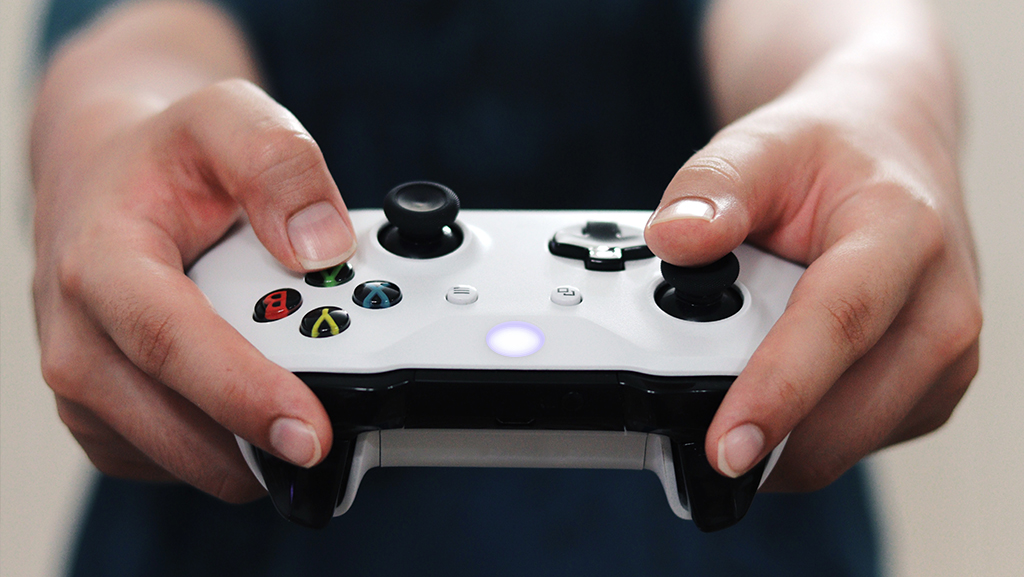One minute everything is perfect—the next, it's a glitchy, inconsistent mess, and you wonder whether you should move on as fast as possible (and maybe even change your number). No, we're not talking about that terrible husk of a human you may have dated when you were 22–we're talking about your tech.
We've all been there. With a phone, a laptop, maybe even a gaming console. And it makes you wonder: Can your device be fixed? And if so, how much will it cost? How do you know it’s time to buy something new, and which option is best for the environment? We’ll walk you through what to consider.
How old is your device?
Depending on how often you use it and how well you maintain it, your smartphone can last at least 3 years. A laptop or gaming console can last at least 4–5 years. So, if you're having problems with a newer device, it's probably worth fixing, especially if it just needs a simple, inexpensive repair.
If your device is older, you may want to replace it, especially if the damage is serious or the fix is costly.
How much will the repair cost?
If a repair costs more than half of what you paid for your device, it's probably time to get a new one, especially if your tech is more than a few years old.
Some fixes, however, are budget friendly. A phone battery replacement (starting at $70) or a tune-up for your laptop (starting at $79) can be a smart way to extend the life of your tech.

Don’t ditch it, fix it
No matter the issue, our experts can repair your devices fast. Make an appointment or visit your local uBreakiFix® by Asurion today.
Is your device under warranty?
Before you start shopping for a new device, check and see whether it's still under warranty. You may be eligible for a free or low-cost repair or replacement. Keep in mind, all warranties come with exceptions, including water damage, cosmetic damage (like scratches), repairs by unauthorized providers, and normal wear and tear.
What’s better for the environment?
Modern technology is remarkable, but it requires a lot of energy and resources—from mining raw materials to shipping those sleek new devices to stores. Greenhouse gases are emitted every step of the way, which has a major impact on our planet and its billions of people. The more we repair the devices we already own, the more we can reduce our carbon footprint.
There are times, of course, when you may decide to upgrade due to cost and necessity or because you realize that buying a new, energy-efficient device is the more sustainable decision. If so, we recommend you recycle your old tech. Most of the devices we use today contain toxic substances that can pose serious health problems if they’re dumped in a landfill. In fact, 25 states have passed laws making it illegal to throw away certain electronics.
So repair your device when it makes sense to do so, and recycle when it doesn’t—the planet will thank you.
How to make your devices last longer in the future
From your tablet to your headphones, your gadgets will last longer if you take good care of them. Keeping them clean, restarting them often, and using only the accessories that come with your devices will extend their lifespans.
Another tip: Don't ignore cracks, dents, or other physical damage. These are typically less expensive repairs, and fixing them sooner helps prevent bigger problems later.
Need help? Bring your broken device to your nearest uBreakiFix® by Asurion store, and our experts will check it out at no cost to you. If we can repair it, we’ll fix it fast—the right way—often in 45 minutes or less.
And if you need help with your relationship, well, that costs extra.





